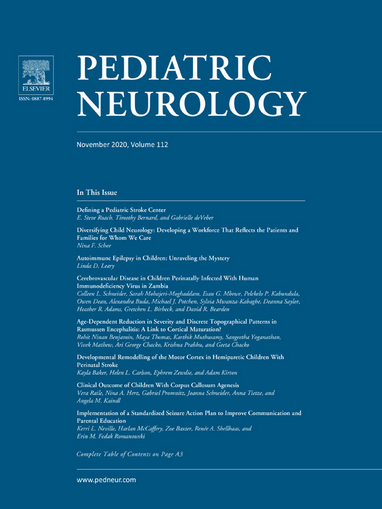 Myotonic dystrophy type 1 (DM1), one of the most frequent neuromuscular diseases in adults, is characterized by multisystemic clinical manifestations. It is due to an abnormal repeat of the CTG triplet in the DMPK gene. These abnormalities are particularly responsible for an increase in GSK3β enzyme activity, which alters the formation of muscle tissue and synapses in the central nervous system.
Myotonic dystrophy type 1 (DM1), one of the most frequent neuromuscular diseases in adults, is characterized by multisystemic clinical manifestations. It is due to an abnormal repeat of the CTG triplet in the DMPK gene. These abnormalities are particularly responsible for an increase in GSK3β enzyme activity, which alters the formation of muscle tissue and synapses in the central nervous system.
The inhibition of GSK3β by the molecule AMO-02 (or tideglusib), developed by the pharmaceutical company AMO Pharma, has been studied in cellular and animal models of DM1: AMO-02 corrects the activity of regulatory proteins , such as CUGBP1, and lengthens the service life.
In model animals with autism syndrome, inhibition of GSK3ß is successful in correcting cognitive and behavioral deficit.
In a phase II trial, 16 people with DM1 (14 of a congenital form and 2 of a form beginning in childhood), aged 13 to 34 years, received for 12 weeks 400 or 1000 mg of AMO-02. The objective was to assess the pharmacokinetics, safety in use and preliminary efficacy of the product.
After 12 weeks of treatment, the results obtained highlight:
- good tolerance of the treatment for the 2 doses studied,
- an improvement in neuromuscular and central neurological symptoms, particularly in terms of cognitive functions, fatigue,
- activities of everyday life and, for some patients, autism spectrum disorders,
- a better response with 1000 mg rather than 400 mg of AMO-02.
A new phase II / III trial of AMO-02 is expected to be conducted in 56 children with the congenital form of DM1 in England, Canada and the United States.
On Clinicaltrials.gov: NCT02858908
